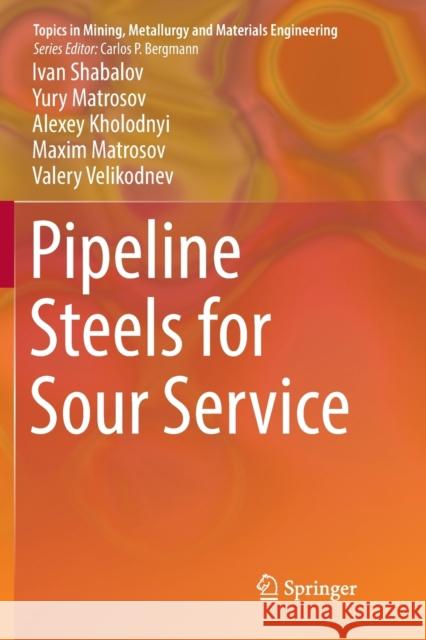Pipeline Steels for Sour Service » książka
topmenu
Pipeline Steels for Sour Service
ISBN-13: 9783030131289 / Angielski / Miękka / 2019 / 209 str.
Kategorie:
Kategorie BISAC:
Wydawca:
Springer
Seria wydawnicza:
Język:
Angielski
ISBN-13:
9783030131289
Rok wydania:
2019
Wydanie:
Softcover Repri
Numer serii:
000467392
Ilość stron:
209
Waga:
0.31 kg
Wymiary:
23.39 x 15.6 x 1.17
Oprawa:
Miękka
Wolumenów:
01
Dodatkowe informacje:
Wydanie ilustrowane











